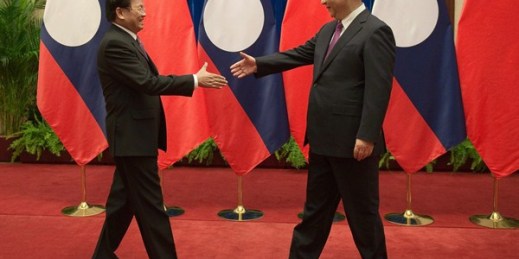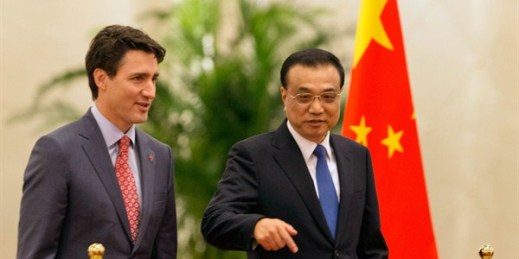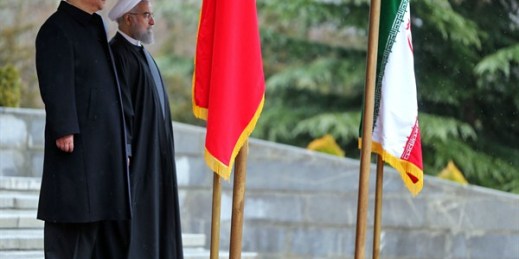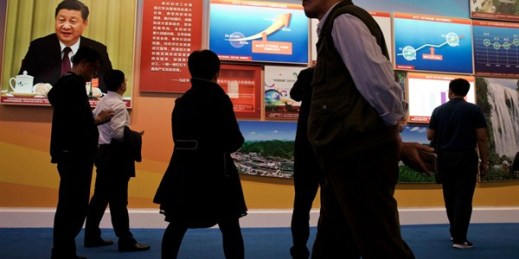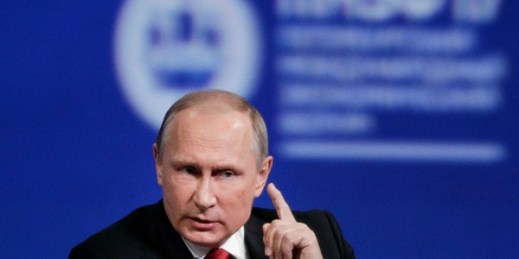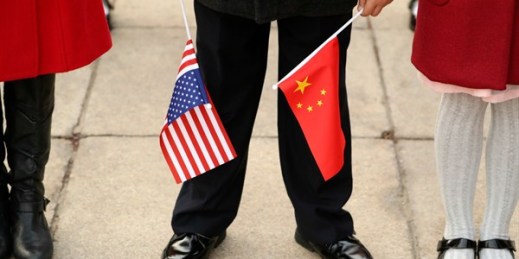
Employing an adversarial tone that surprised many observers, the White House’s newly unveiled National Security Strategy described China as a “revisionist power” that “actively competes” against the United States and its allies and partners. It accused China of trying to “shift the regional balance in its favor” and “displace the United States in the Indo-Pacific region.” The strategy, the first released by President Donald Trump since taking office, also declared that China seeks to shape a world “antithetical” to U.S. values and interests, and painted China’s expanding economic and diplomatic influence in a decidedly negative light, deploying terms like “extractive” […]

